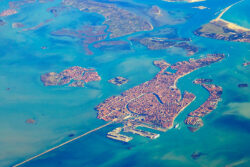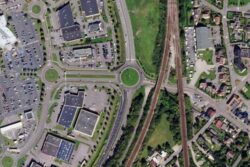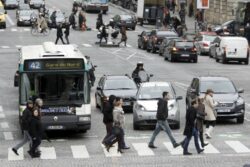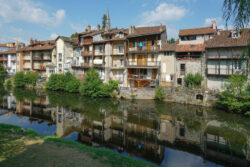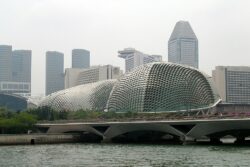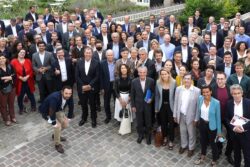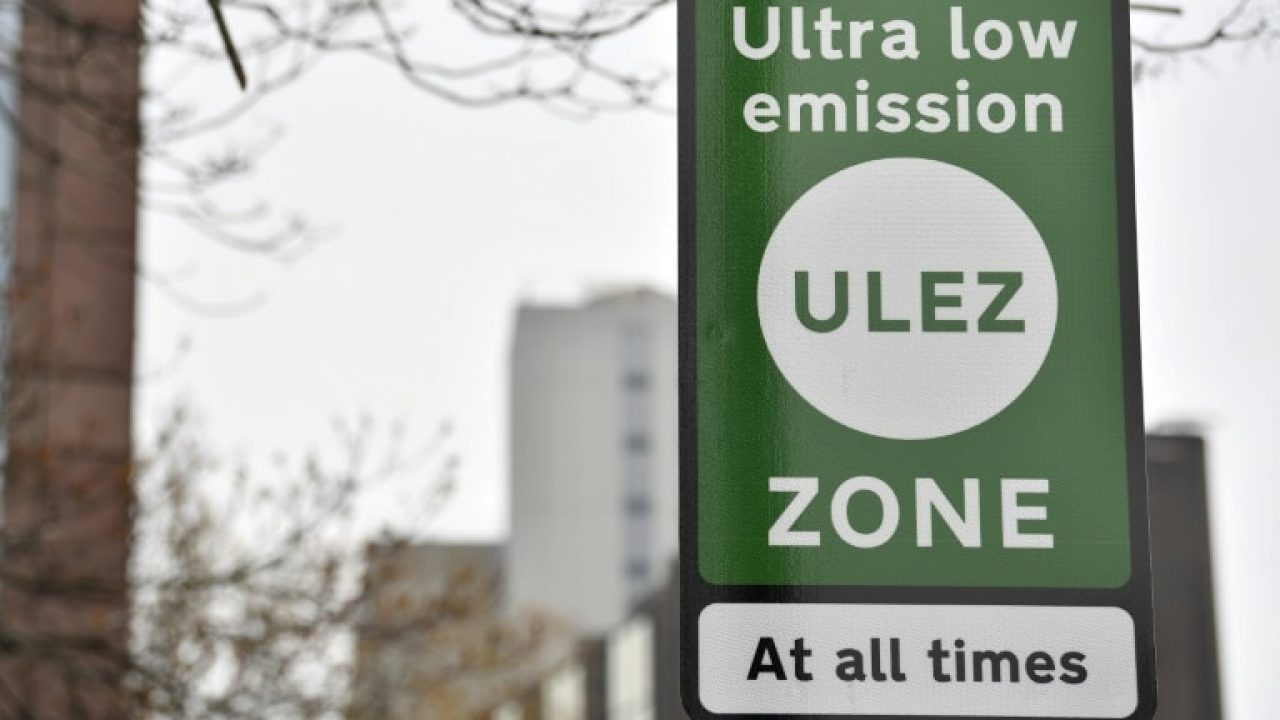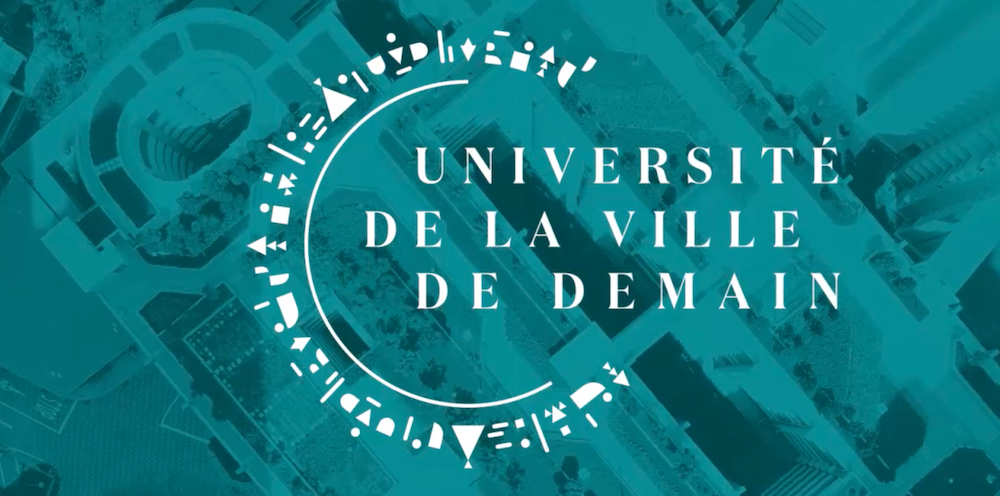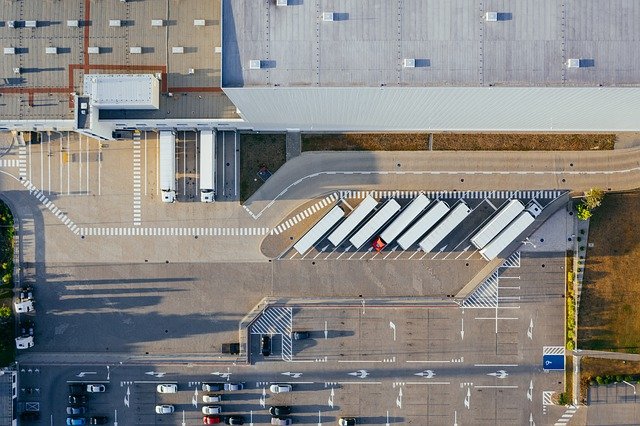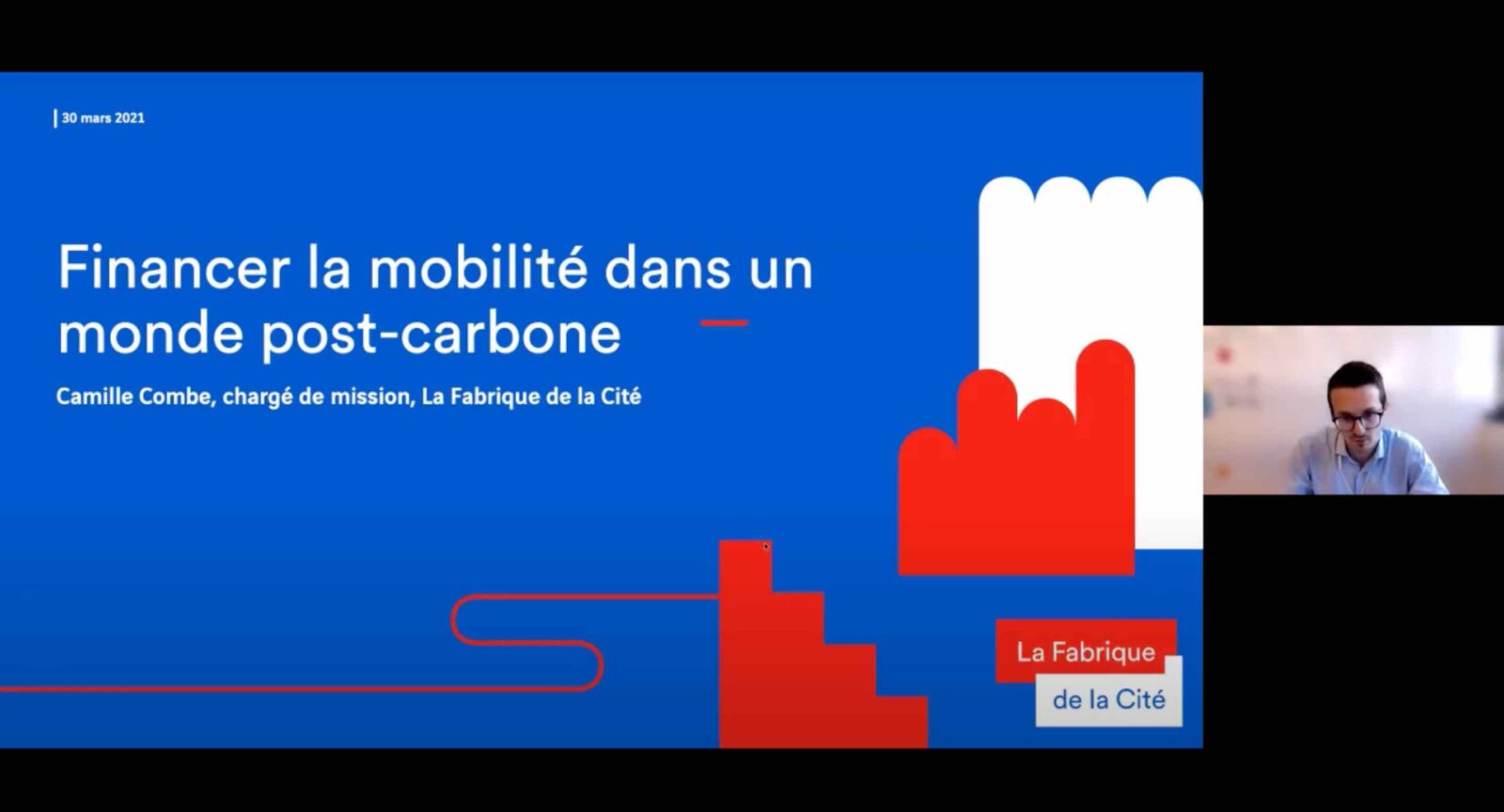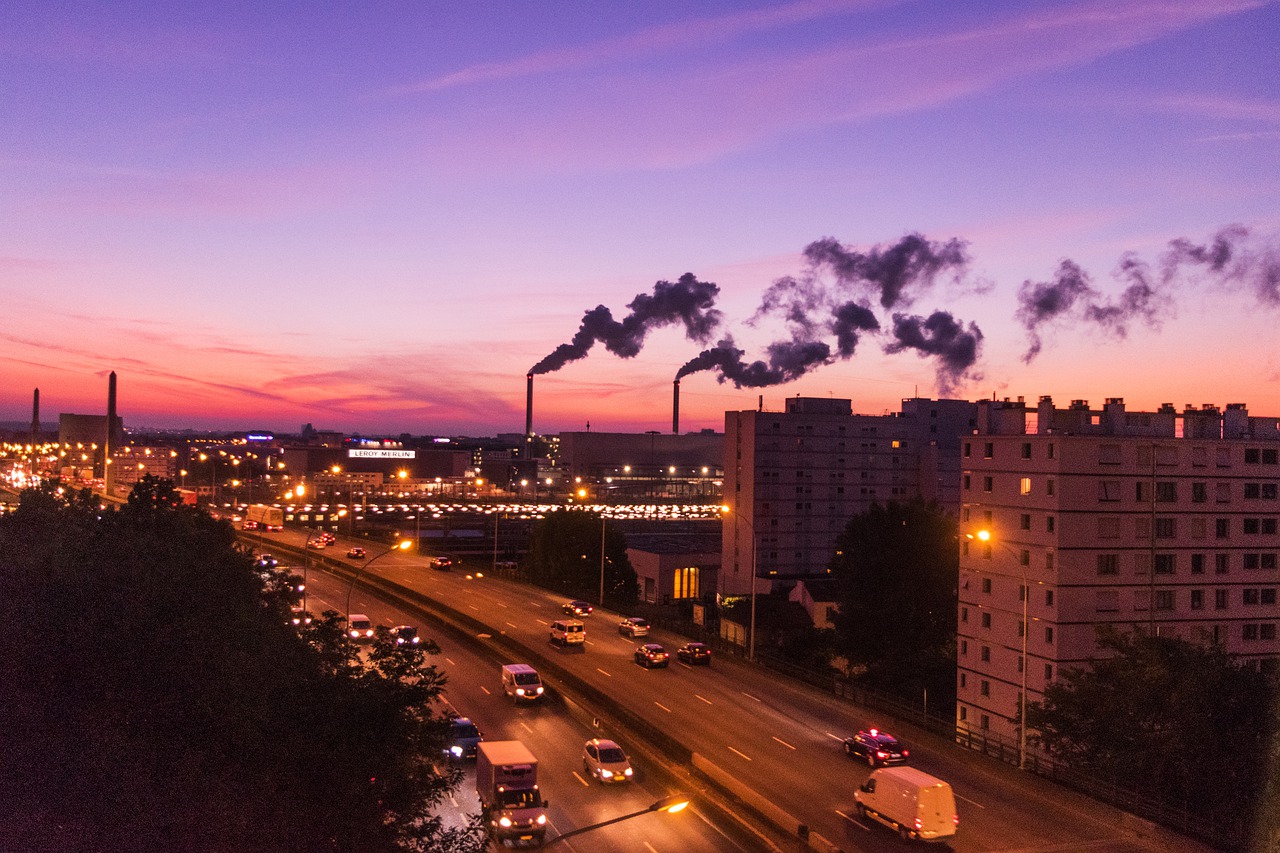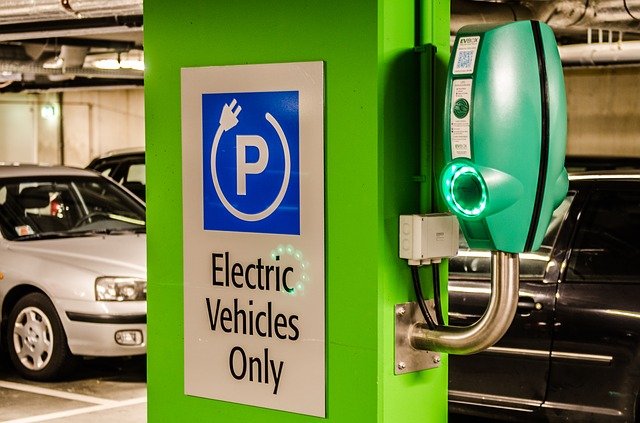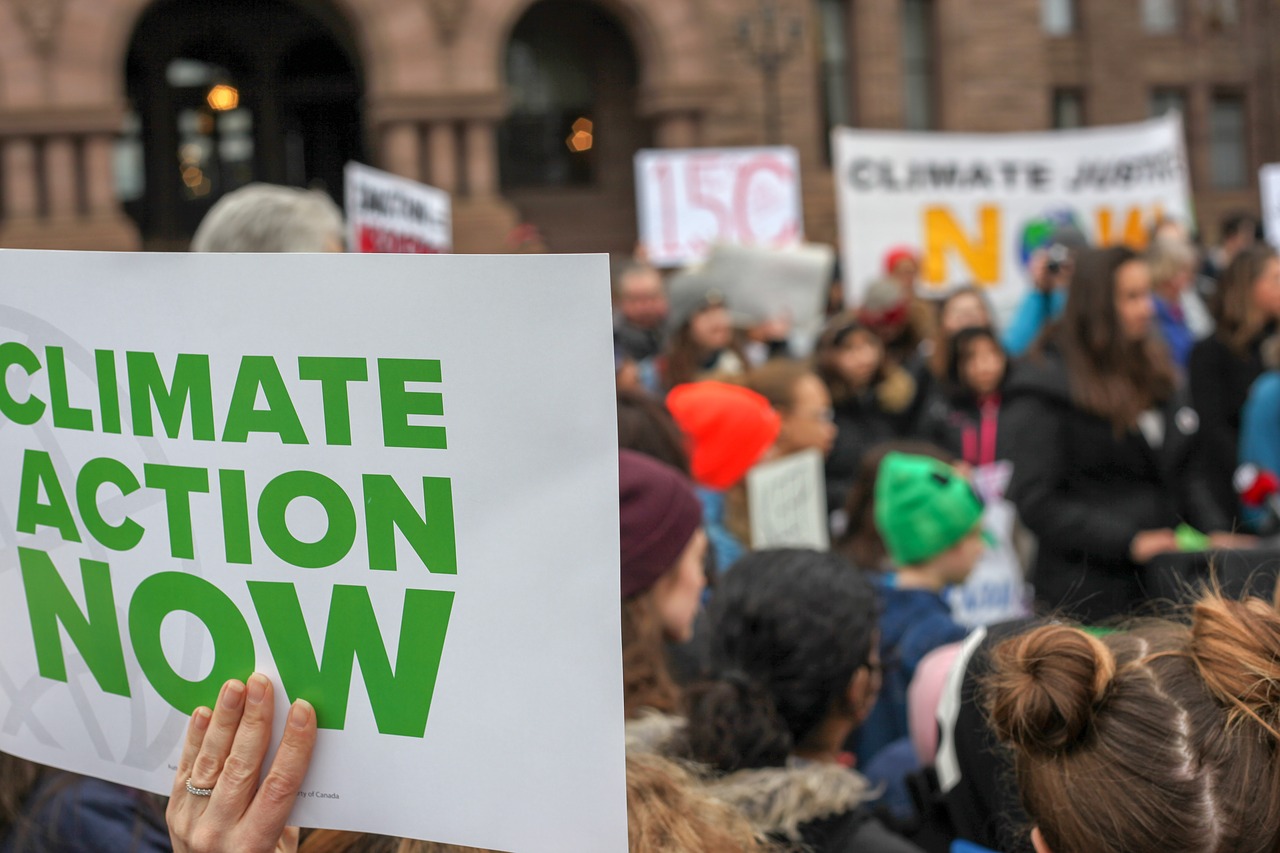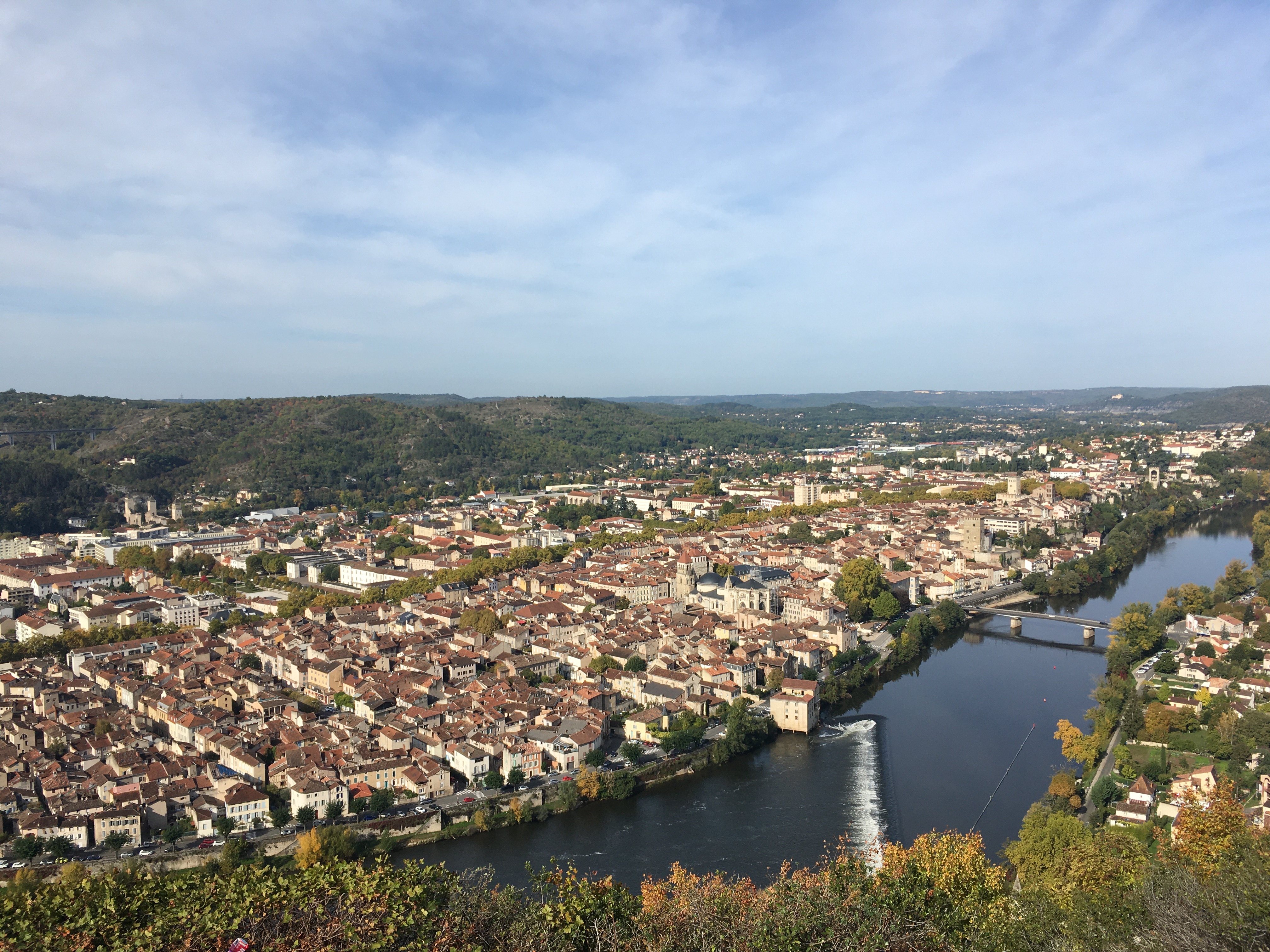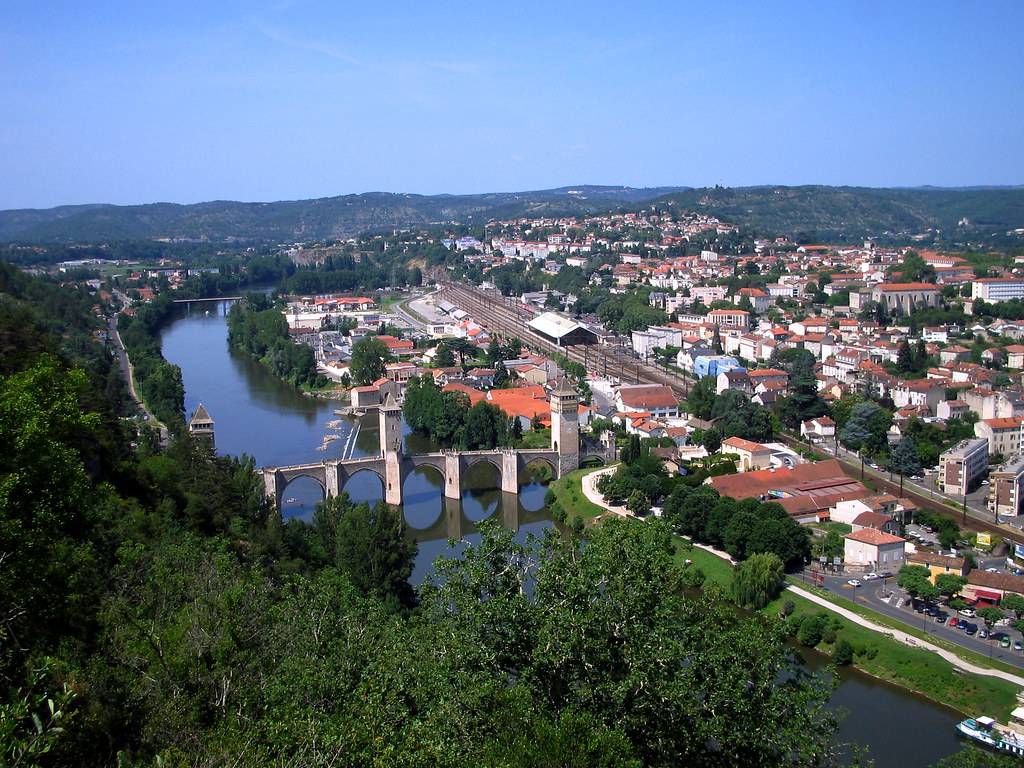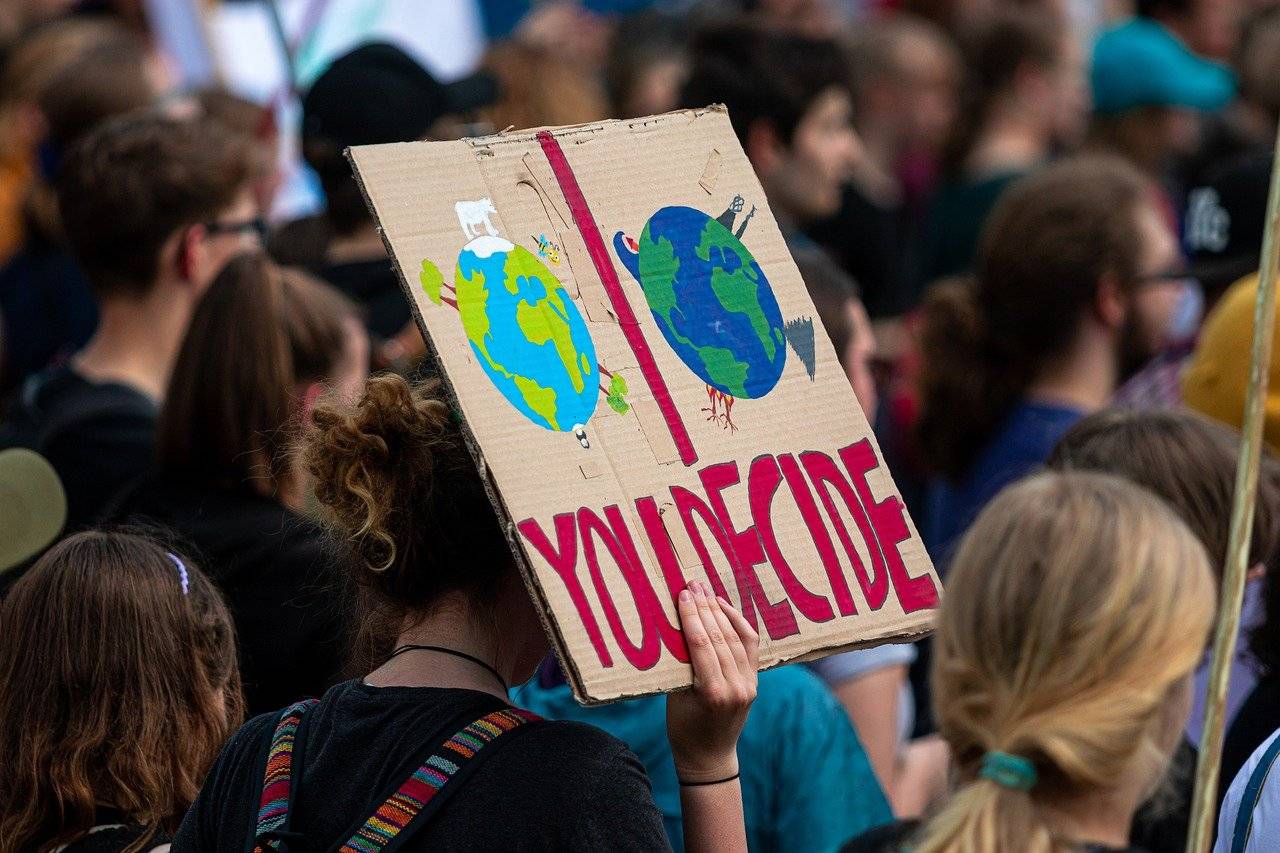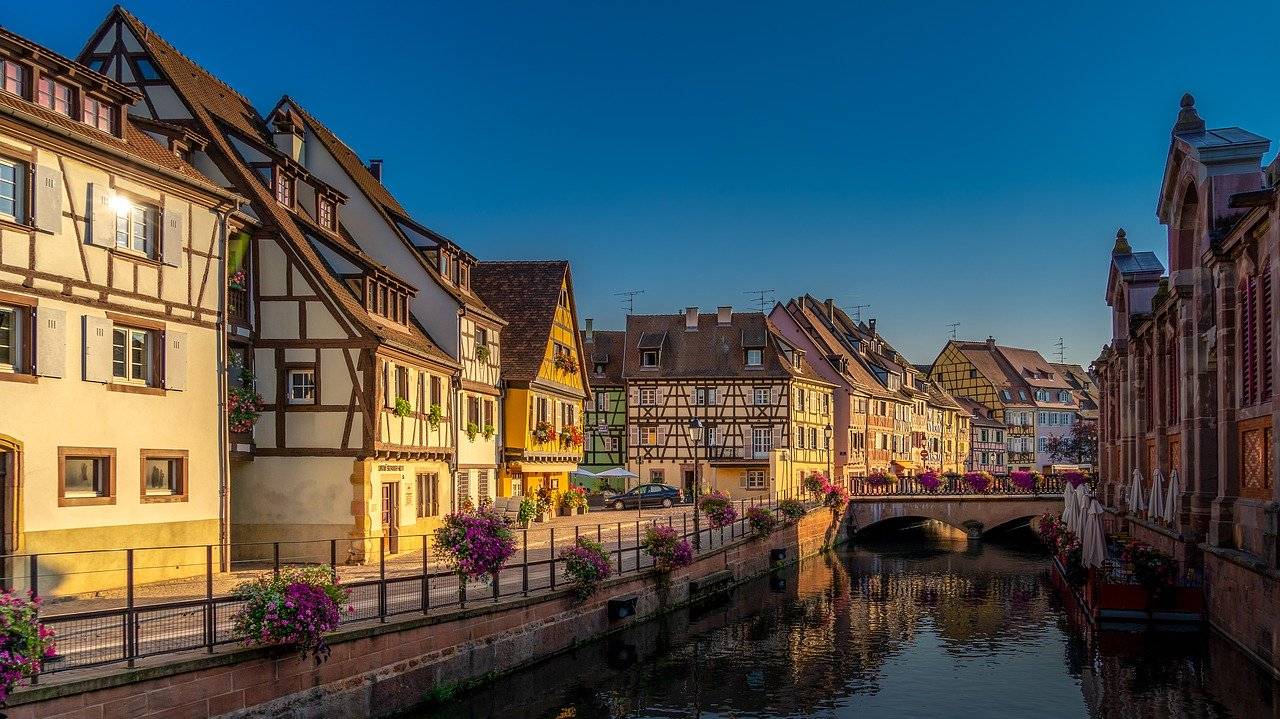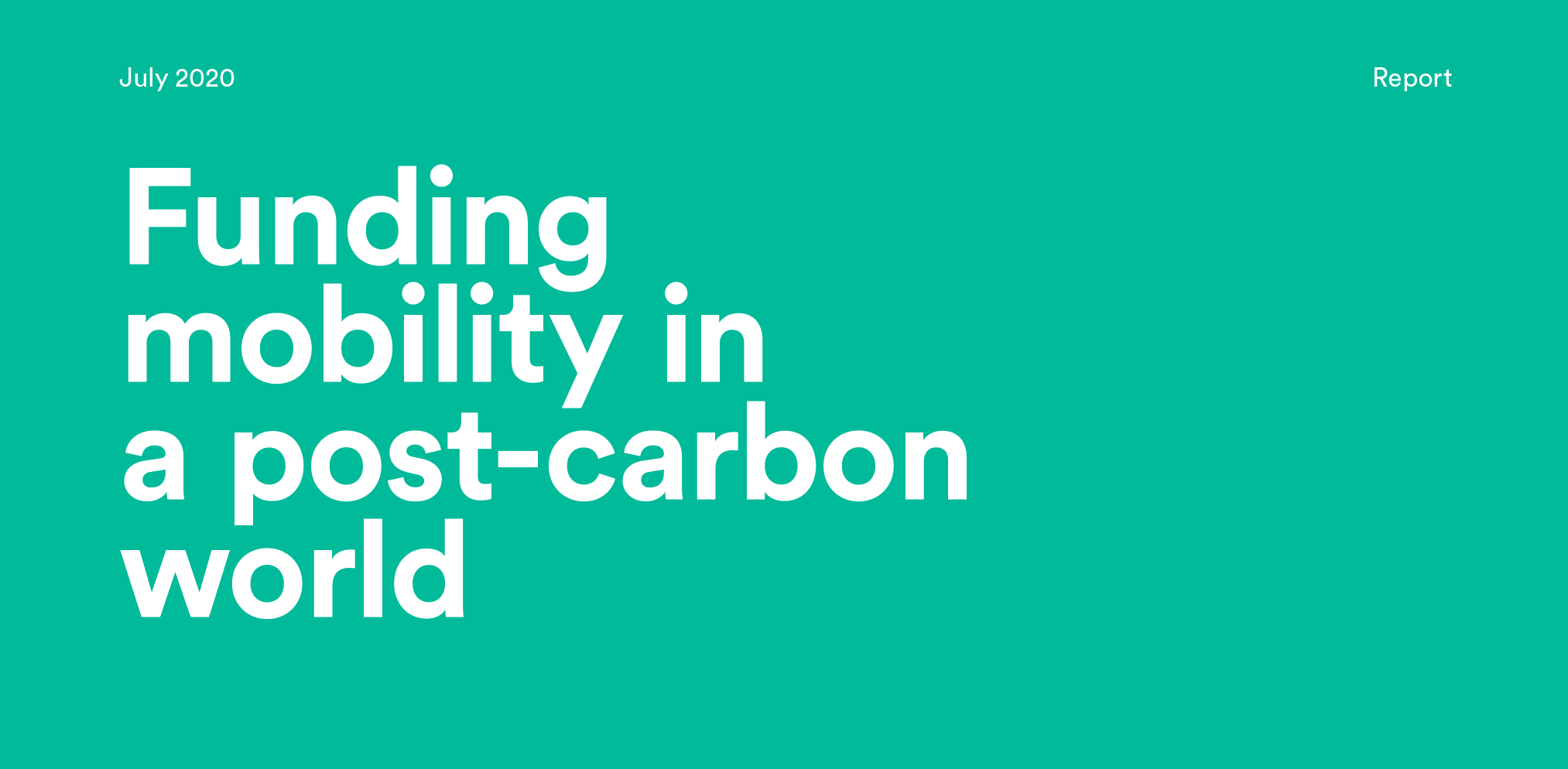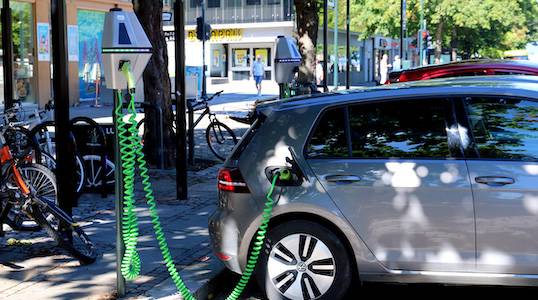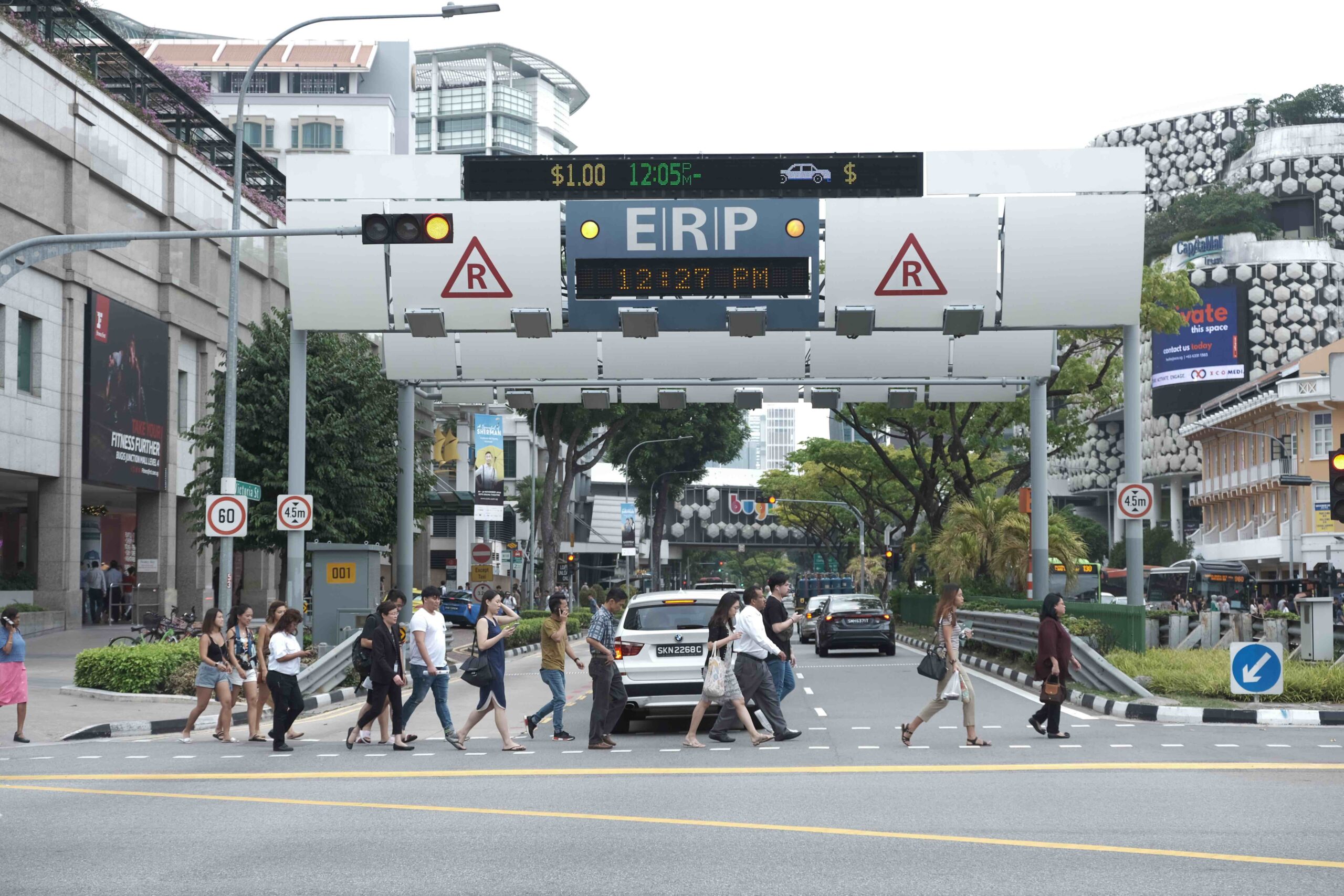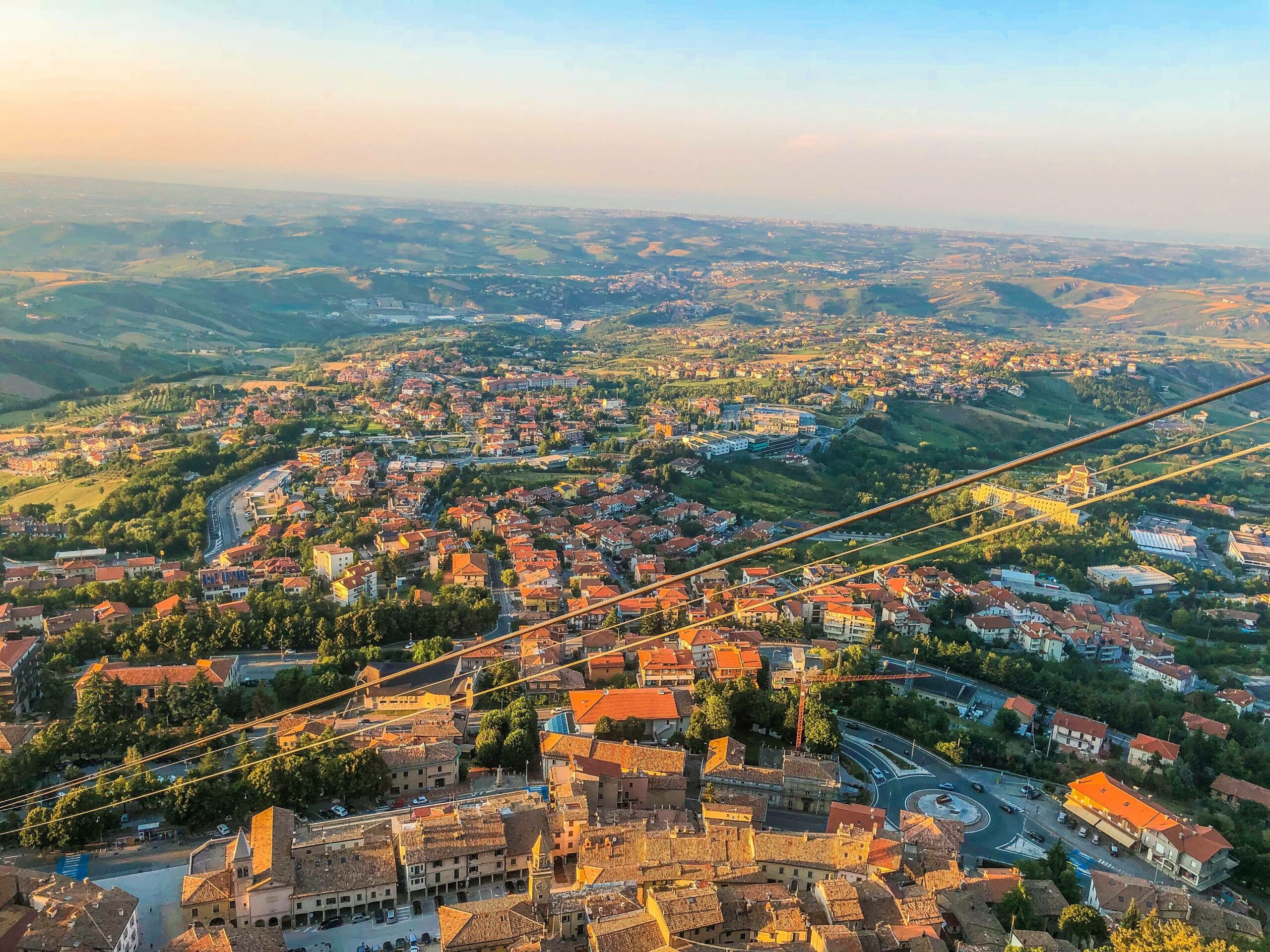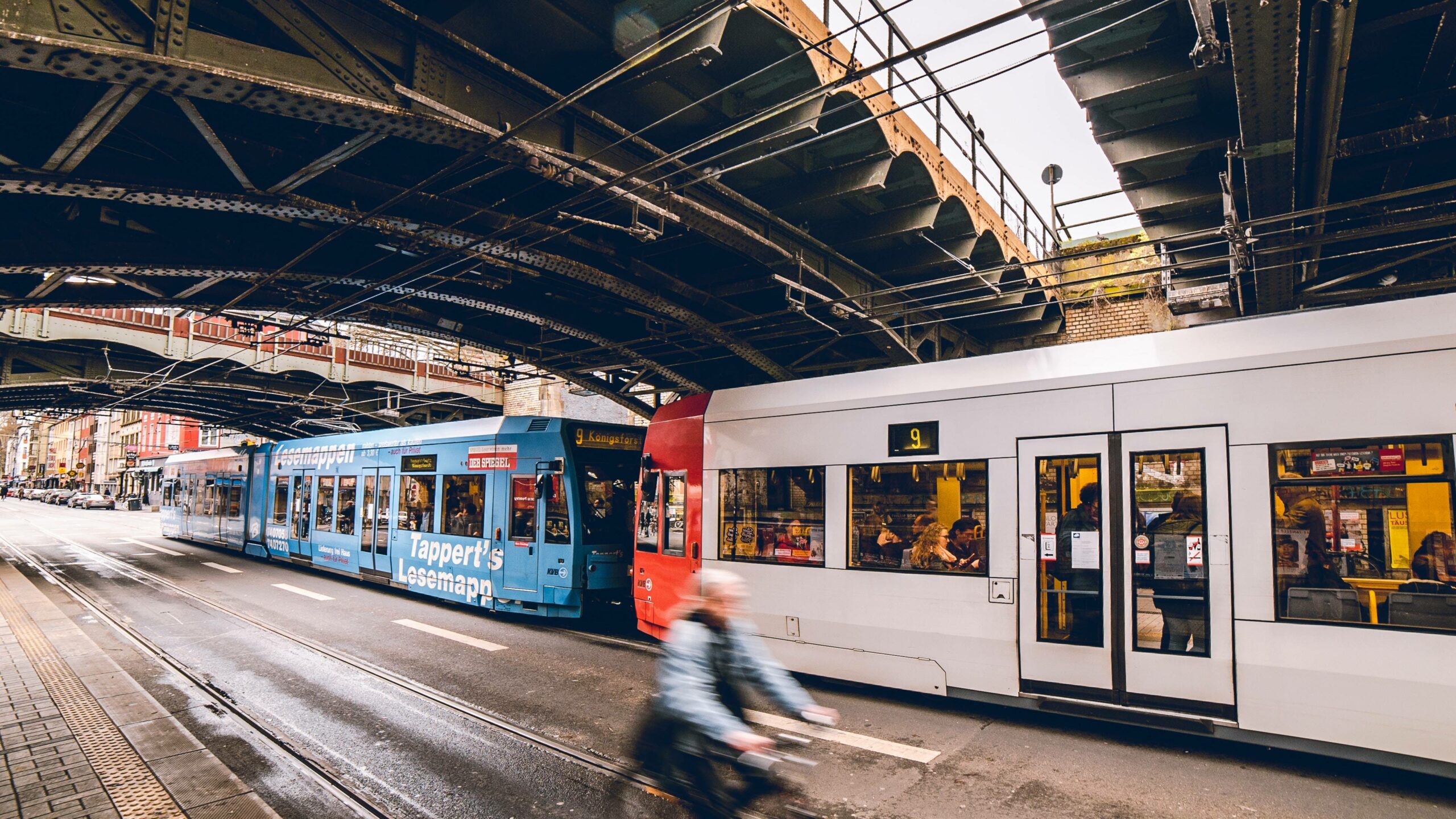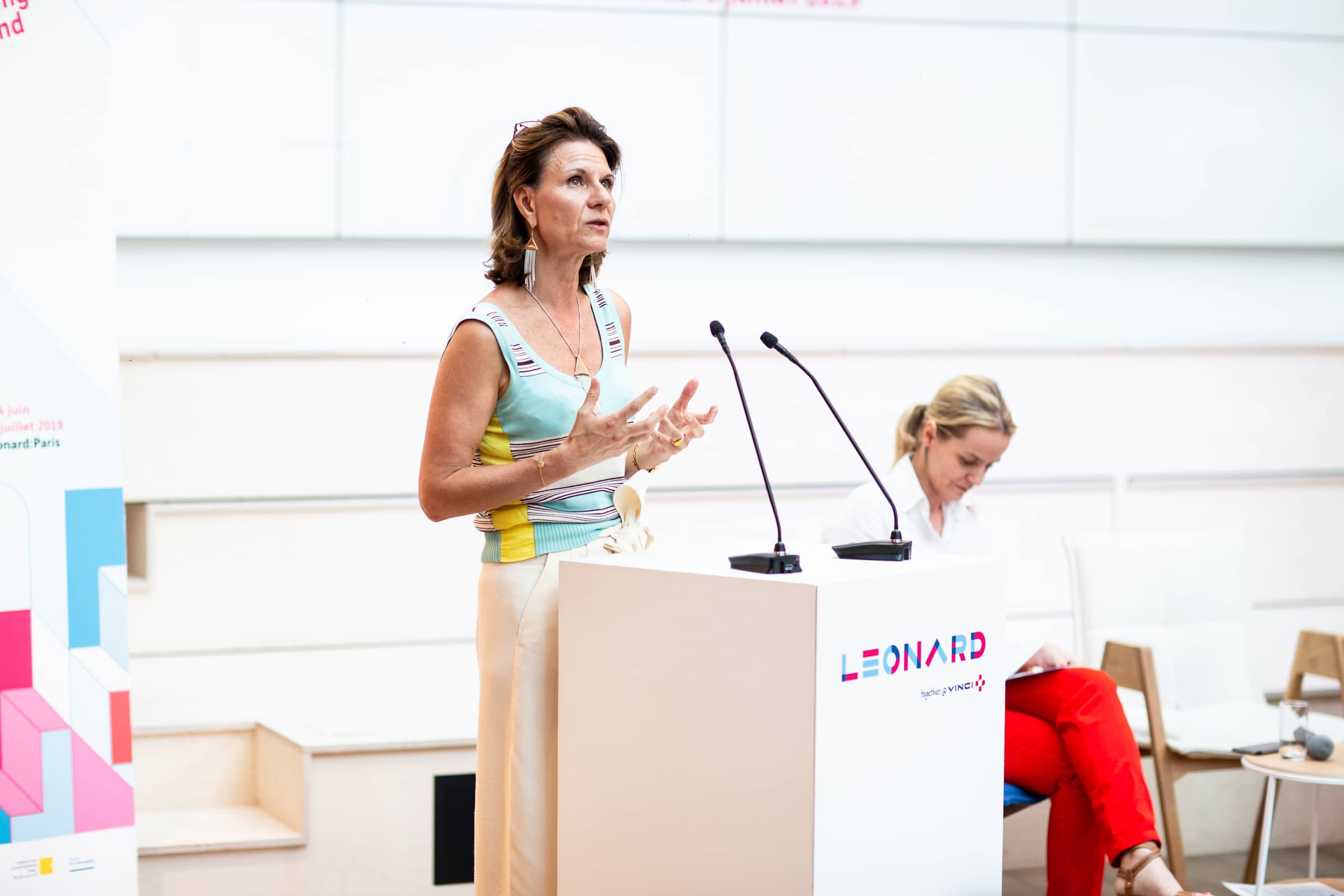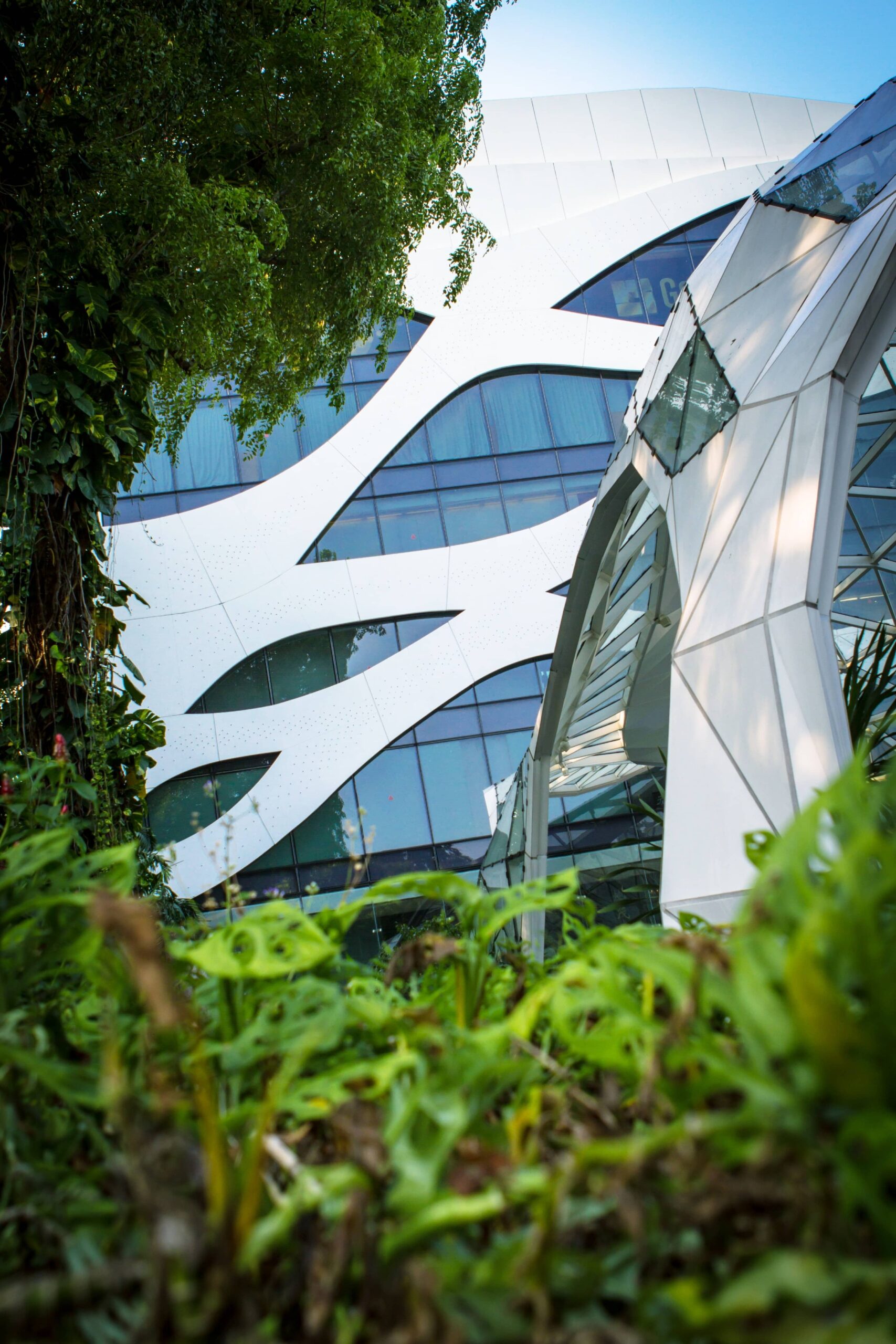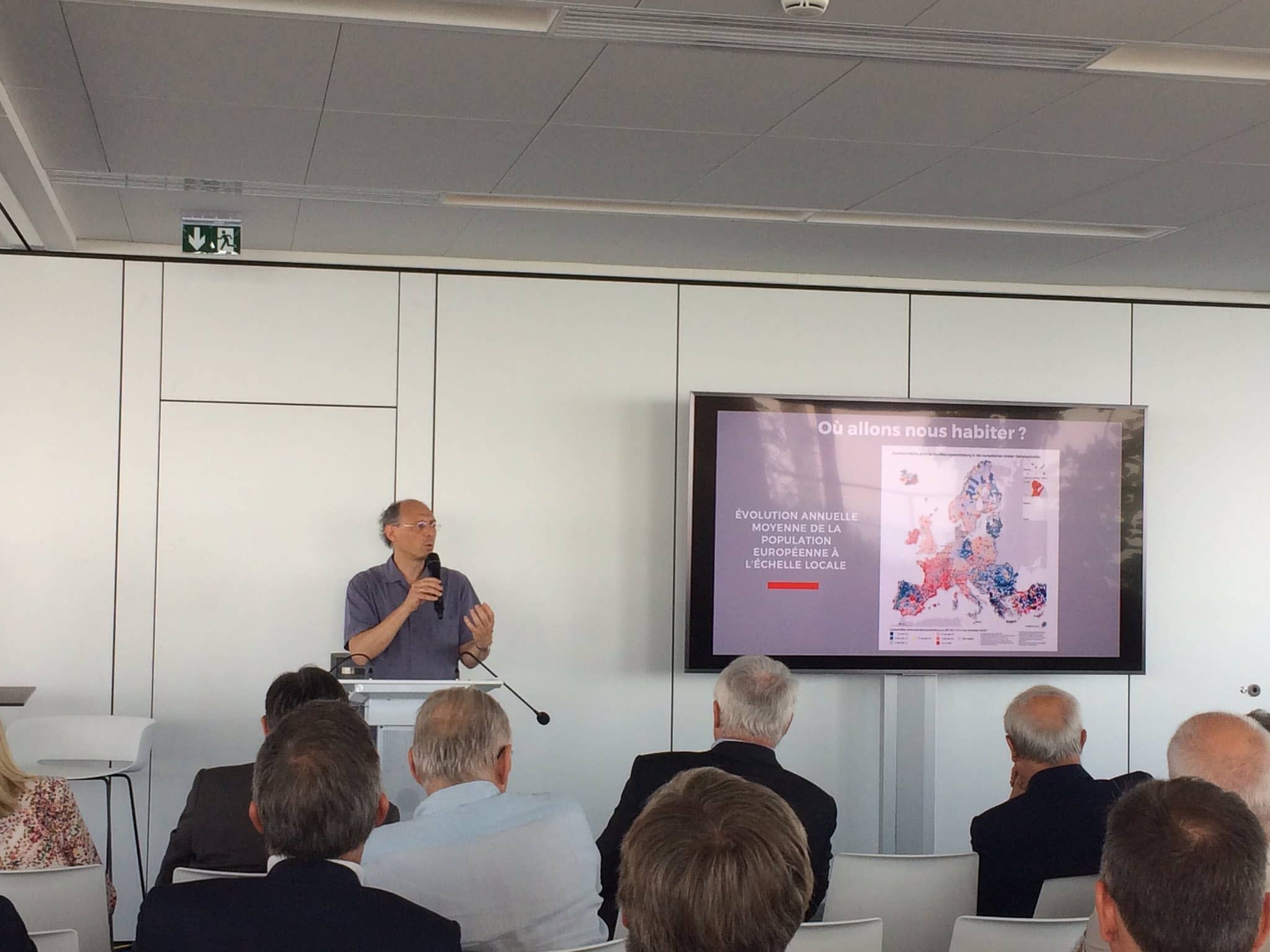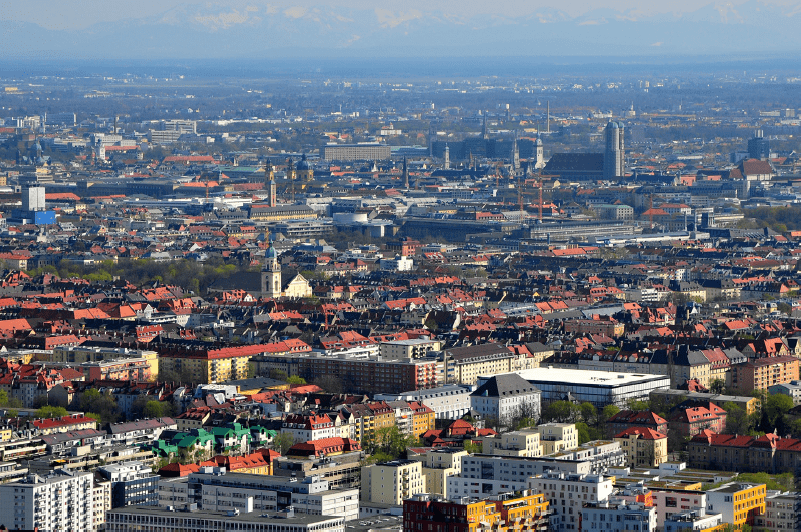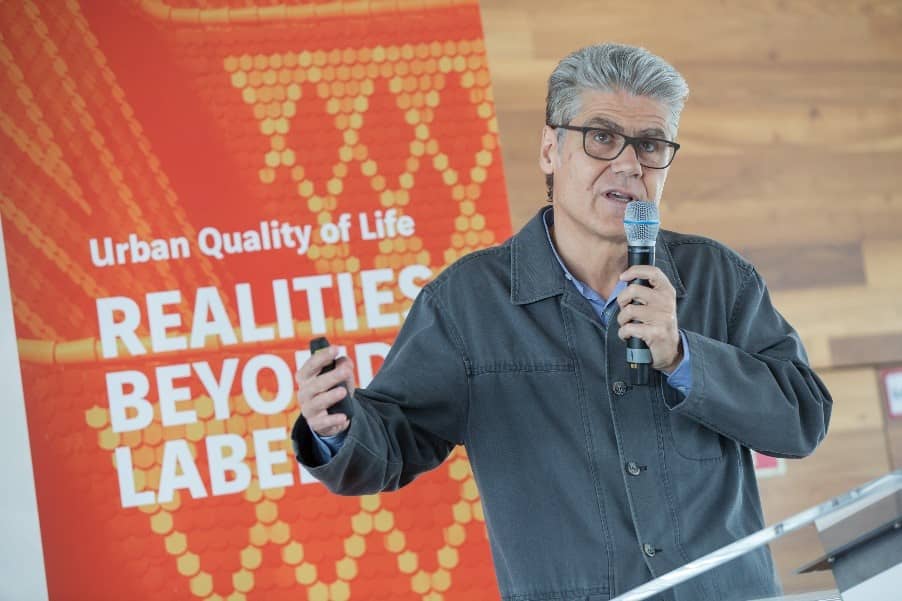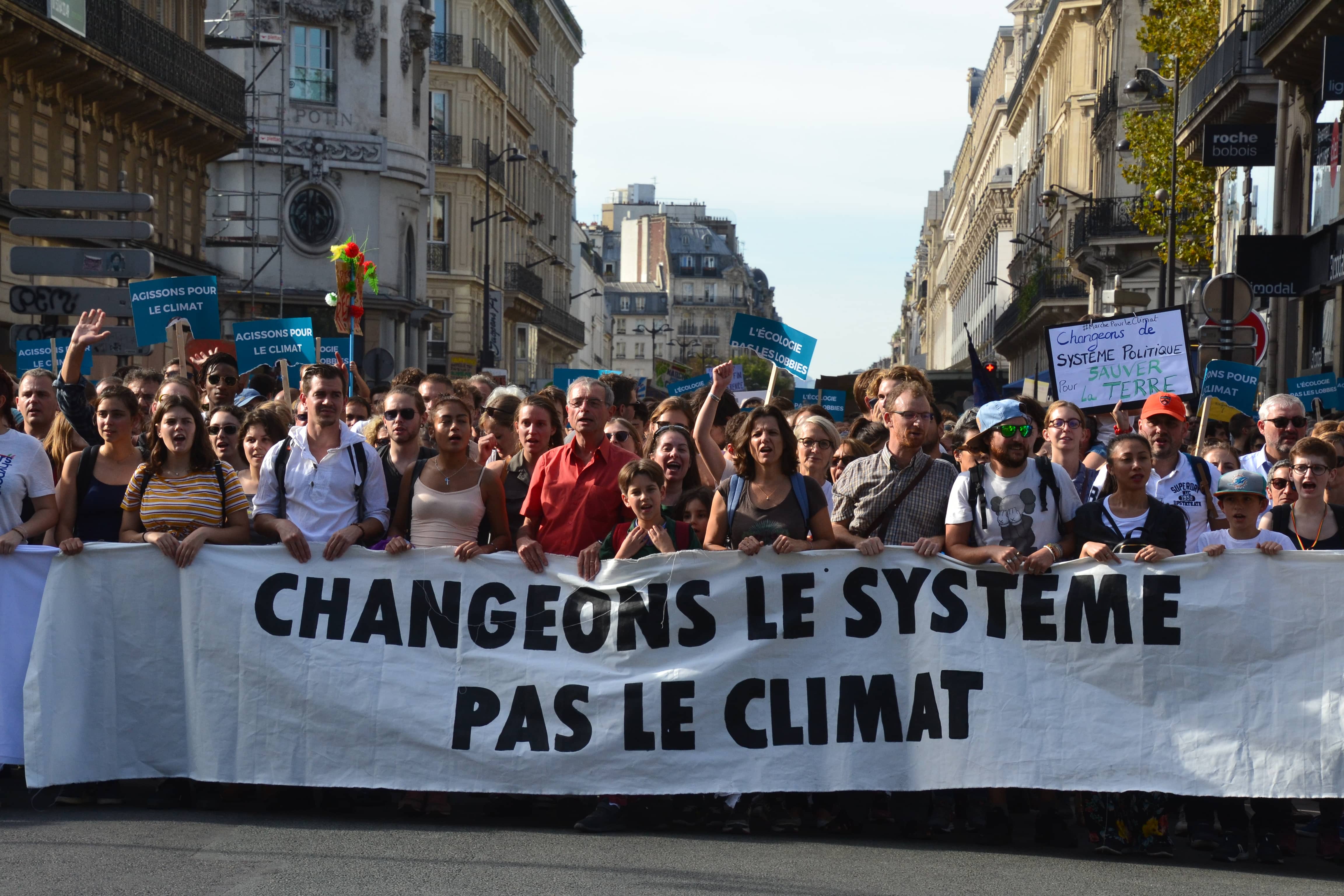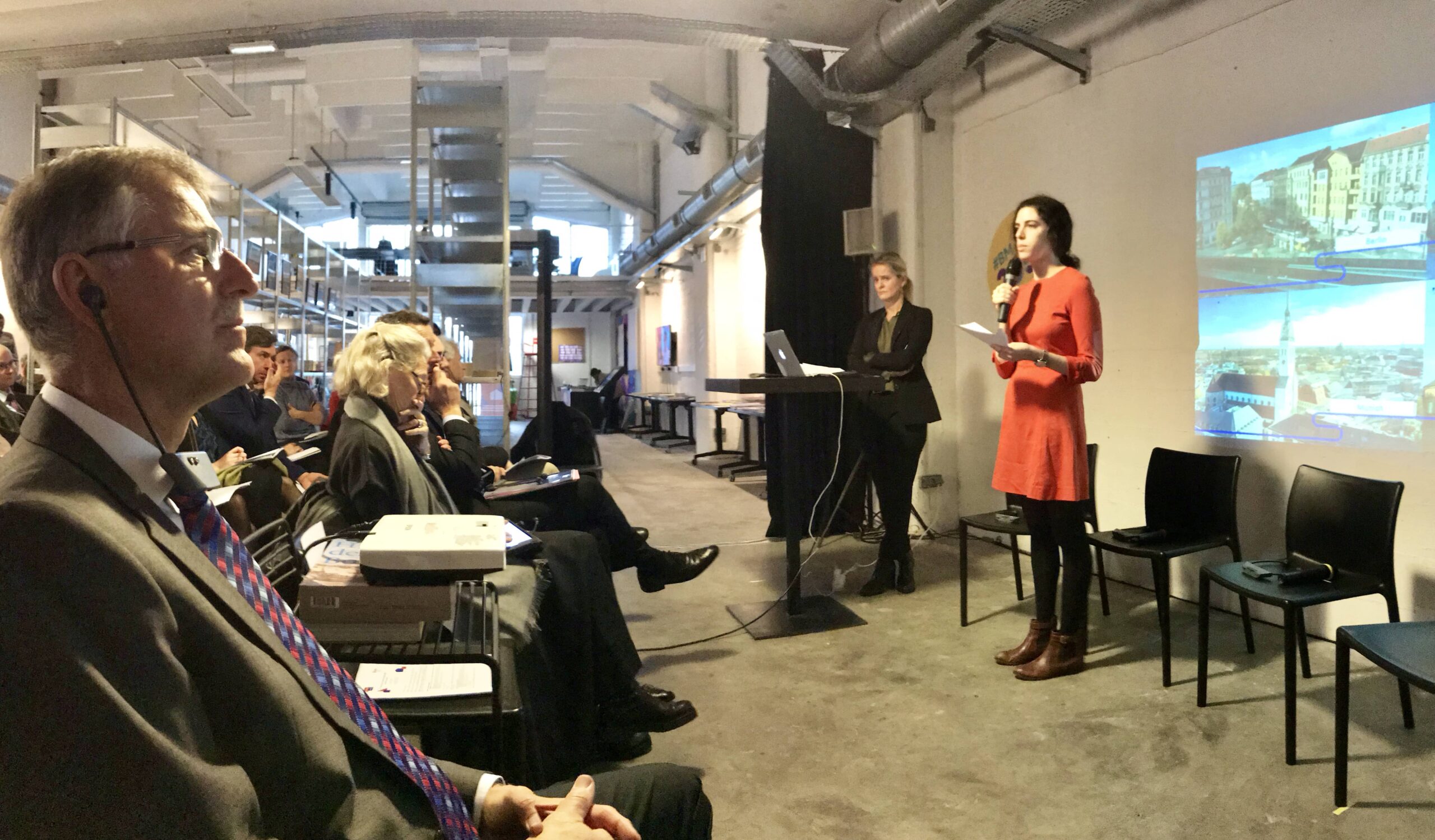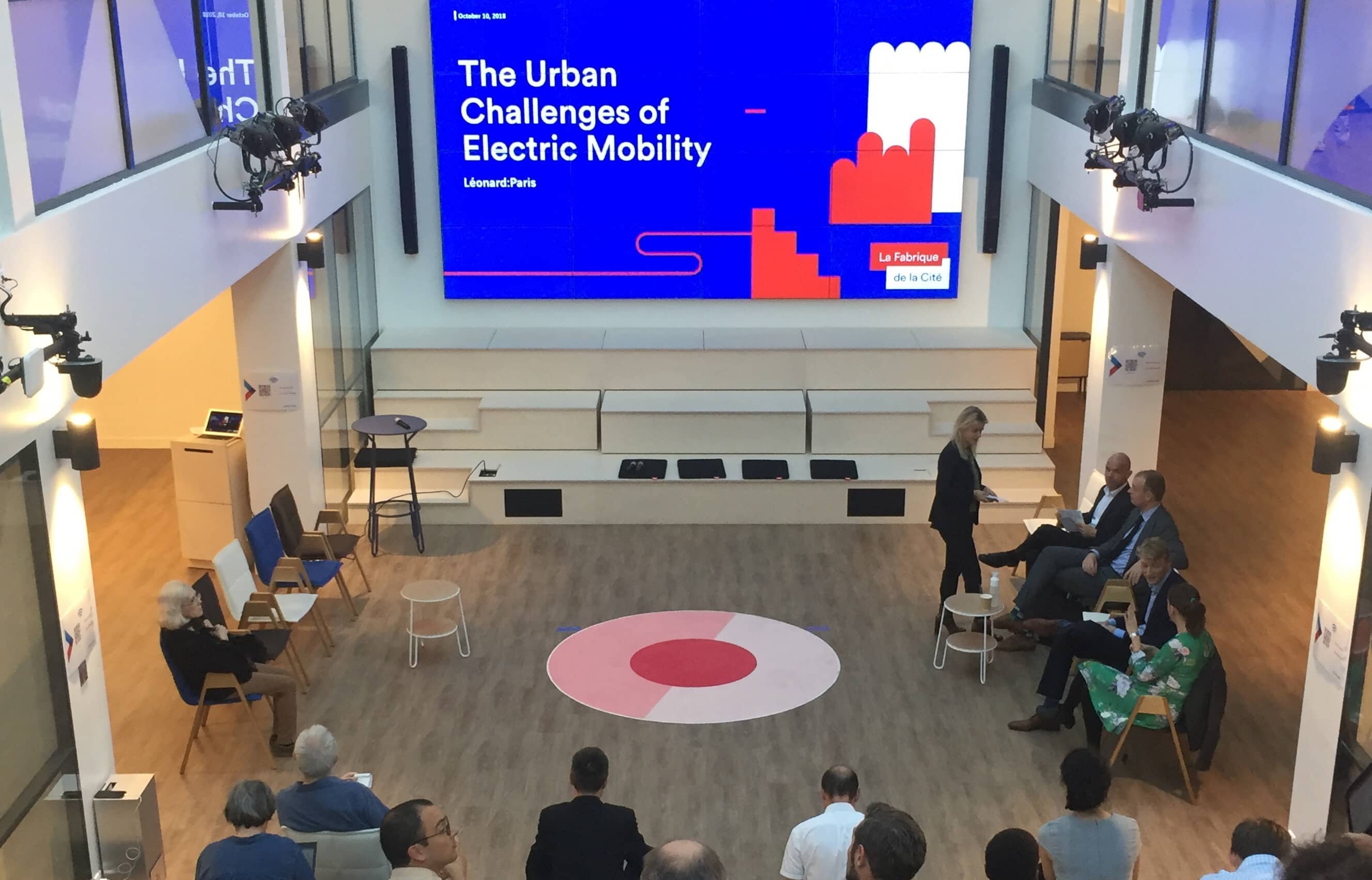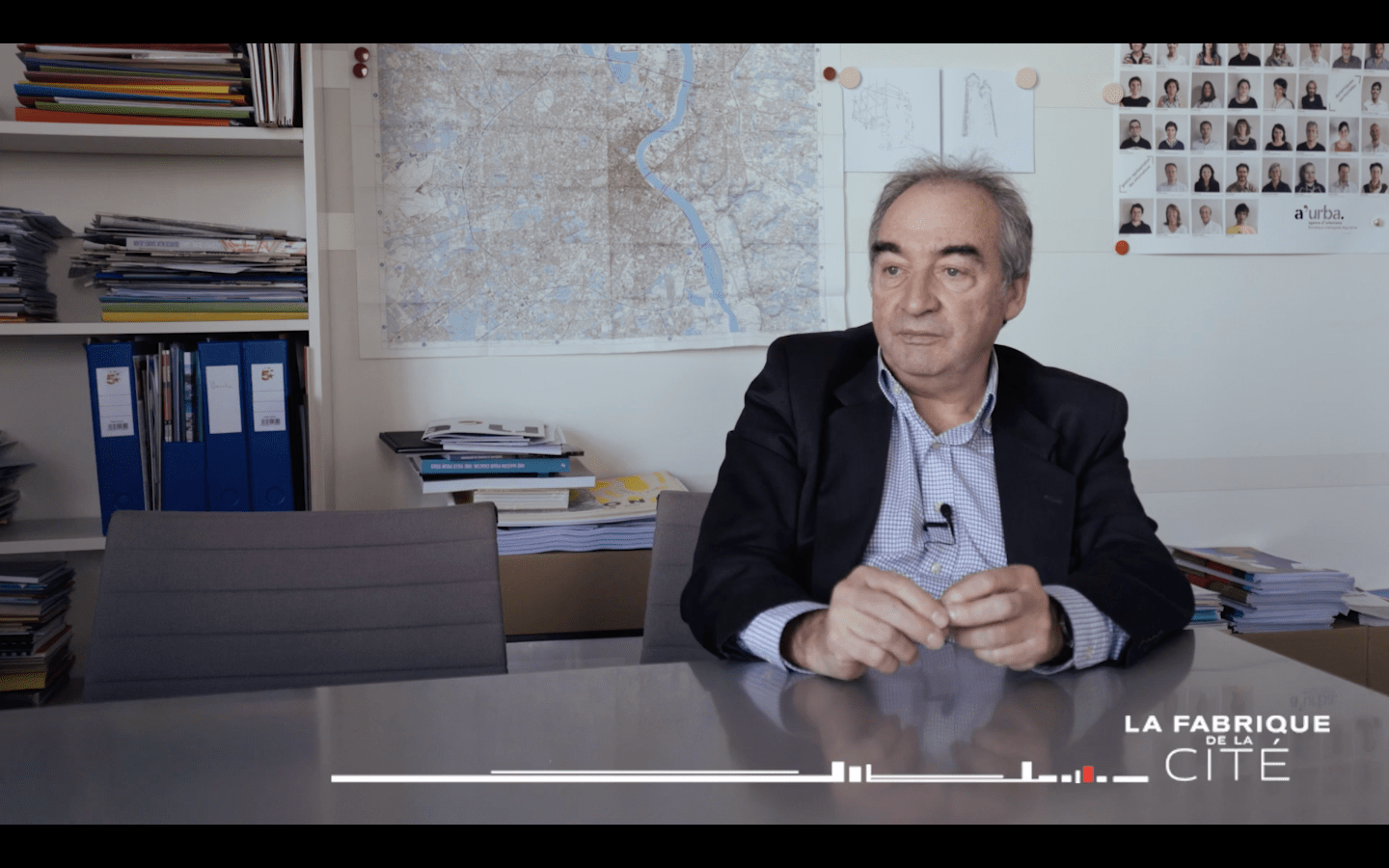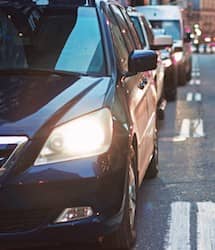

Cities act on climate, while nations delay
Now that the COP26 has come to an end, and while some argue it has been a partial failure – or a complete misfiring, let’s pick the best bones up. It has been clearly mentioned that cities can actually do something about climate change, and have a more effective approach than States: more than two-thirds of the C40 cities have in fact exceeded the Paris Agreement requirements. For now, only one country did : Gambia – surprising isn’t it, when you think of the firepower the most developed countries have and could have engaged in the fight for climate change.
Cities do have an advantage though: while they represent 70% of the world’s CO2 emissions, they also have a lot more maneuverability than States. The best example would perhaps be Sadiq Khan’s last extension of the Ultra Low Emission Zone in London, despite strong opponents at the State level being clearly against it. Also, in Stockholm, the mayor launched a fossil-fuel-free transport system, way ahead of the country’s target. Mayors are now on the public scene more than ever, sometime on the same level with State leaders. But it’s not only a question of mayor authority and empowering leadership as the scale of a city is also more efficient than a State to act towards climate change. Transport, construction, green spaces, and waste management are all linked and intertwined in the urban spaces of today, and one action could have strong consequences on the entire line.Cities really are on the brink of a revolution. Logistics, public realm, construction and mobility are the pillars of this climate change action, all around the urbanised world.
That is perhaps the most exciting thing about it all, in the end: no matter in which city you live or work, problems and solution are often easily tackled on the local scale. Of course, there is no perfect world where cities could be totally efficient. A recent study showed urban data collecting, and thus action plans, may be flawed in several cities of the US. Also, tackling climate change do highlight some urgent matters such as social equality, housing, access to transport and health. However, it’s not all doom and gloom either: when mayors and urban citizens decide to act together, there is no better way of doing it. As the world is still waiting for global leaders to take on significative action, urban associations, companies, residents and local councils have a major role to play.
This COP26 is perhaps a failure the humanity will have to urgently fix, but it shed light on the Mayor and the city he works for. In that regard, we shall advocate for more urban cooperation – much more – and less competition. Mayors of the world, unite!
These other publications may also be of interest to you:

Lisbon beyond the Tagus
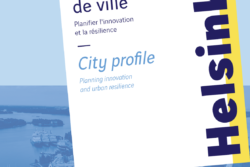
Helsinki : Planning innovation and urban resilience
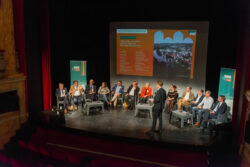
Back from Cahors

A warm tomorrow
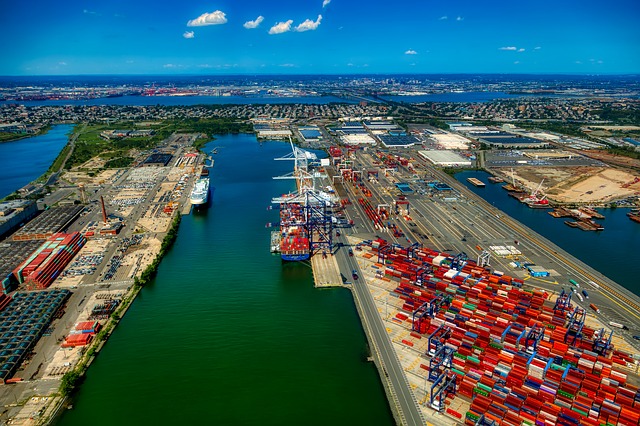
Rebalancing

Size, Network and People

Nature in the city

Inventing the future of urban highways
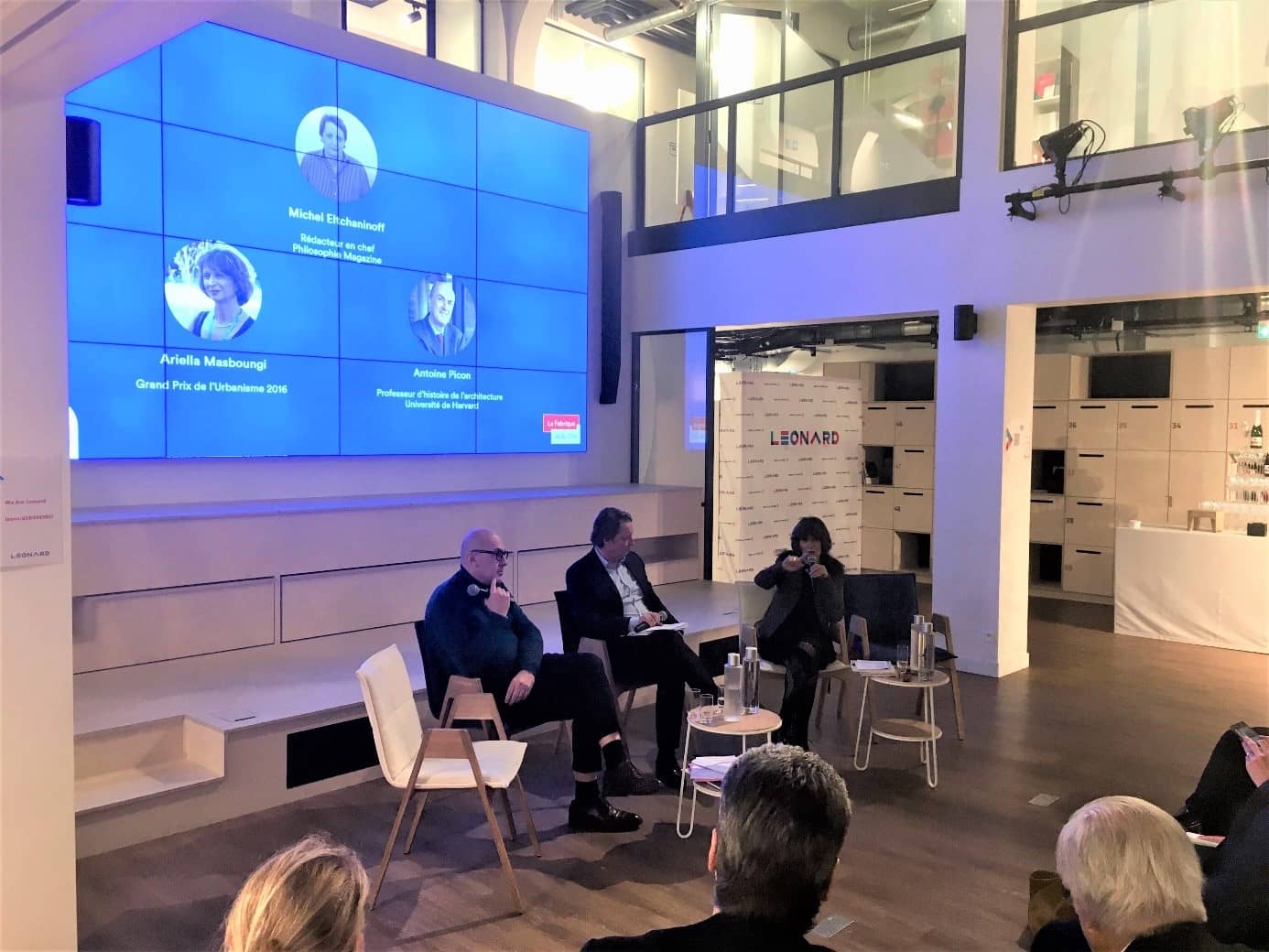
Spatial justice, managing the situation to enable development?
La Fabrique de la Cité
La Fabrique de la Cité is a think tank dedicated to urban foresight, created by the VINCI group, its sponsor, in 2010. La Fabrique de la Cité acts as a forum where urban stakeholders, whether French or international, collaborate to bring forth new ways of building and rebuilding cities.















